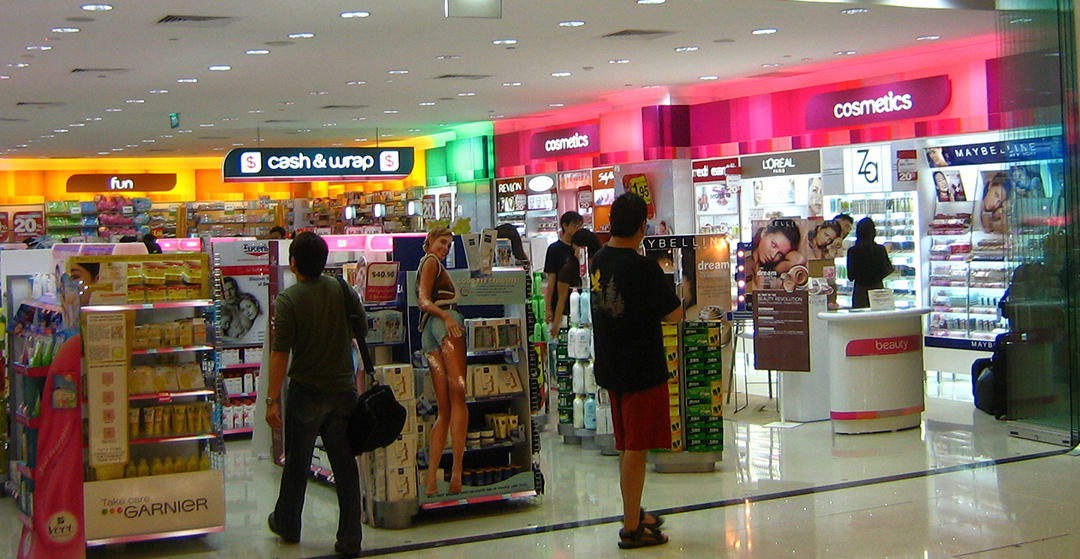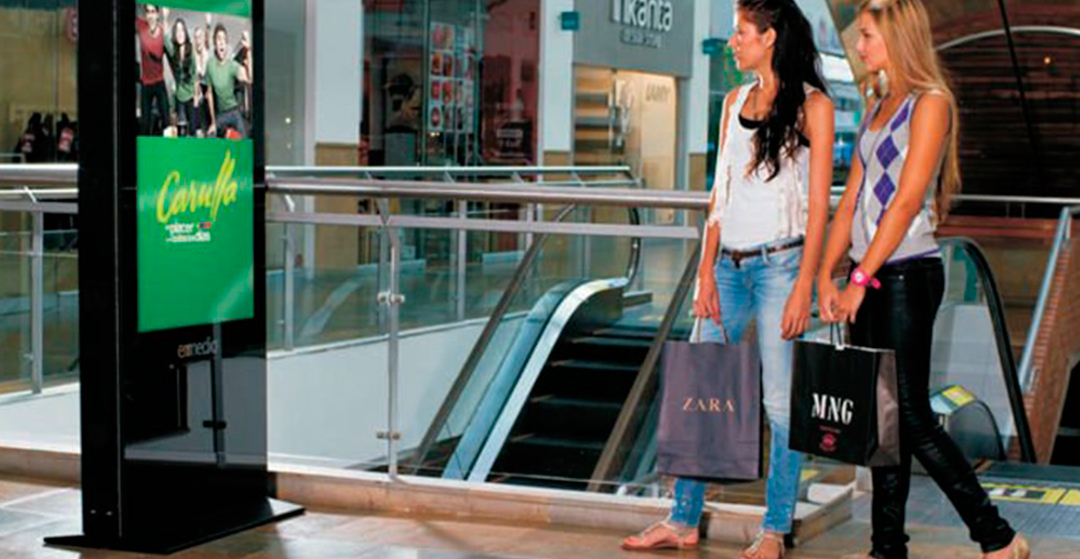
The point of sale represents the time and place where all the elements of the sale, product, client, and money converge.
Through the use of multiple advertising media, the seller expects to influence the consumer's purchasing decision.
Nowadays, we have marketable diversity and scope geared towards a clear objective, to induce client's attention to and appeal for our product.
Within the last decade, with the advent of new technological resources, the advertising mediums at POS have evolved considerably, incorporating new elements as lure. Even so, when selling a product, the best available tool remains creativity and good judgment aided by an effective marketing campaign that renders the values of the product and maintains a coherence instead of causing confusion and contradiction. .

The key is balance and good sense. The priority of any campaign is not to create a greater and more colourful advertising medium with extra ornaments, but rather to build a staple in which to develop an effective, original, and striking lure.
There are three reasons why campaign and advertising media budgets at POS are seeing an increase by marketing professionals:
1) Firstly, for the most part they prove more lucrative than traditional advertising campaigns with massive impact.
2) Secondly, the need to reduce in-house costs is pressing both manufacturer and distributor towards point of sale campaigns with advertising media lure.
3) Lastly, a change in consumer buying behaviour, with an increase in impulse purchases, allow for point of sale strategies to take on a rising role in the decision-making process of shoppers.
For this very reason, distributors are increasingly receptive to the application of advertising media at point of sale to endorse their offers or campaigns.

The enhancement of productivity in advertising
Due to recent triplicating costs in traditional media advertising, vendors are now carefully assessing their options.
Marketing campaigns at the point of sale are not intended as an advertising stand-in to traditional media. They are seen not as an alternative option but rather as a decisive means of purchase, and always hand in hand with its promotional or institutional campaign.
POS advertising campaigns increase output in the following ways:
- Lower Costs
To reach 1,000 people with a 30-second television advert has a high impact rating of €4 to €7, while the cost of a 1-year display at the point of sale is much lower, at €0.03 to €0.37.
These metrics not only suggest a higher ROI – even accounting for manufacturing and set-up costs – for display media, but also multiple point of sale consumer impressions.
- Emphasis on the consumer
POS advertising campaigns are geared towards the buyer; however, these also benefit the vendor by helping increase the total expenditure per purchase, as they favour impulse buying.
- Specific-target marketing campaigns
POS advertising campaigns are readily adaptable to the needs of local market, allowing for adjustments by target zone and contingent on consumer profiles.
- Consumer behavioural change
Increasingly, consumers are inclined to await discounts and rebates for larger purchases and end up spending more money on lesser buys. As a result, they now call for products of little expense such as cosmetics or ornamental accessories more than ever.
Retailers are interested in advertising campaigns at point of sale to engage consumers while they are waiting to be attended by salespeople, for a demonstration or for a tester.



